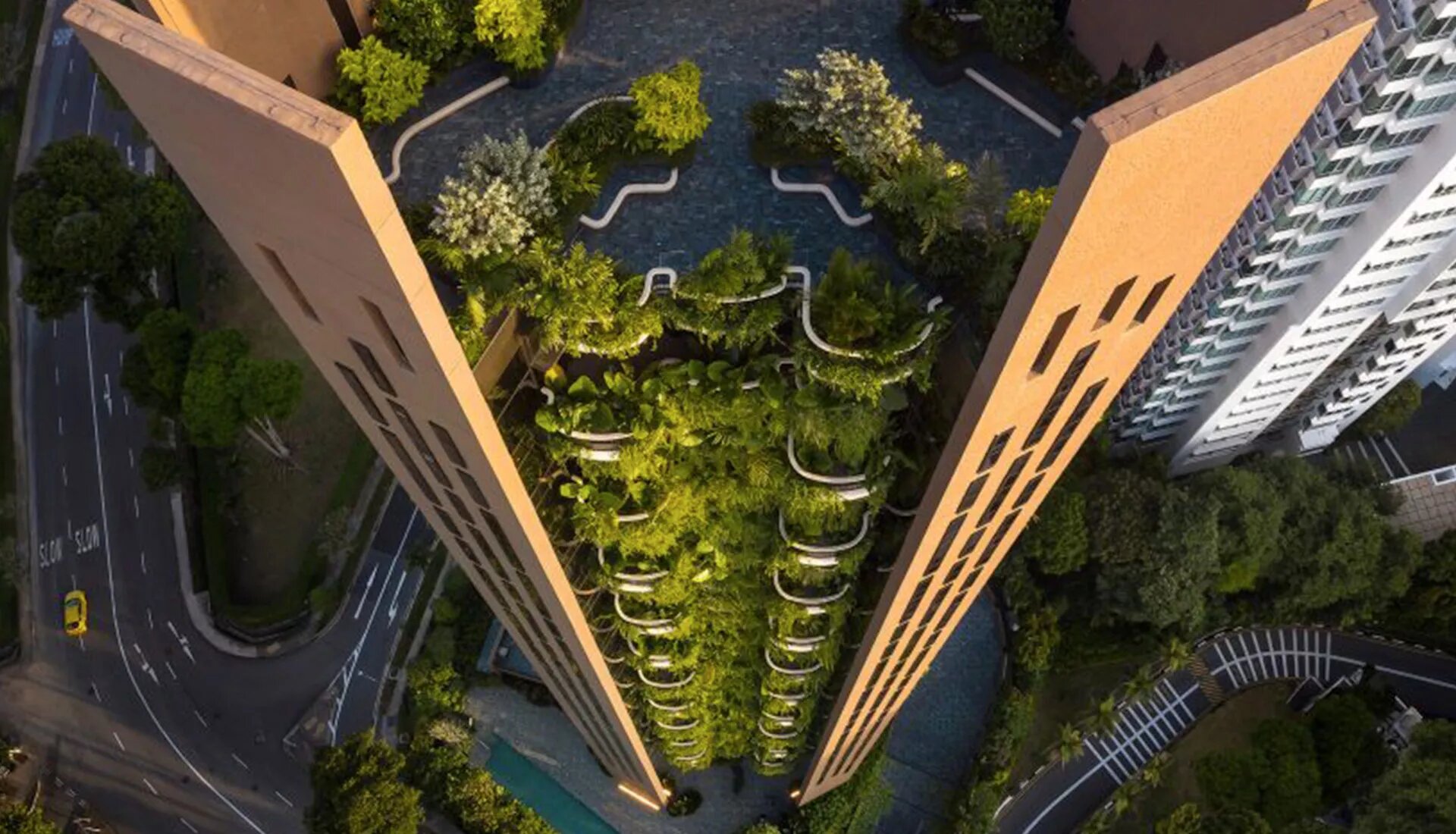Government plans to cool down rising housing prices in Singapore
The real estate market in Singapore for a long time shows an increase in value, which does not reduce the demand among investors. However, the problem of skyrocketing prices is becoming more urgent, forcing the state government to intervene in the current state of affairs. According to official figures, housing in Singapore increased in price by 2.1% over the past year, and the same trend is observed today. This figure is considered the highest since Q2 2018, when the cost of apartments and houses jumped by 3.4%.
There have been three consecutive quarters of price increases in 2020, showing the resilience of the local market in the face of a pandemic. Despite the volatile global economy, December sales reached record highs.
The market situation is increasingly worrying experts who believe that the heating segment could turn into a crisis. This view is shared by the government, which decided to introduce a set of measures aimed at cooling the residential real estate market.

It should be noted that similar mechanisms have already been applied by the authorities in 2018, then a number of restrictions allowed to slow the growth of prices for objects. What will be the new rules of the government of Singapore is not known yet, but most likely it will be an increase in the amount of stamp duty. Such changes will primarily affect foreign investors, in addition, similar measures were used in 2018, and they gave a positive result.
Despite rising home prices, overall investment in the market in Singapore decreased by 56.8% last year. Its size was about $10 billion. This figure was the lowest in 11 years. Even in the fourth quarter, which was considered quite successful for the market, investments fell by 23.9%. The factors that led to this situation, experts said, were the same as those that affected the global market as a whole: investors were in no hurry to invest, waiting for how the segment will behave in the future. Most often businessmen made small deals, being cautious about large projects.
Another factor that affected the volume of investment was the closure of borders and restrictions on air travel. Business activity has fallen, and previously launched projects have been put on hold.
Most of all sales in the Singapore market are in the residential sector, about 42%. It is followed by industrial and office property with 14.5% and 22.4% respectively. Most transactions are recorded in the segment of new buildings, the secondary market is slightly behind, including price growth.
